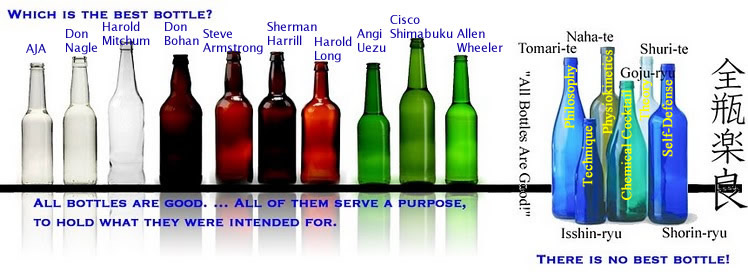My personal "Interpretive" Lens!
"One thing has always been true: That book ... or ... that person who can give me an idea or a new slant on an old idea is my friend." - Louis L'Amour
"Read not to contradict and confute; nor to believe and take for granted; nor to find talk and discourse; but to weigh and consider..." - Francis Bacon
"What is true today may be reevaluated as false not long after. Judgements are frequently based upon a set of "temporary" circumstances surrounding them. Conflicting ideologies can exist simultaneously. Antagonistic dualities are complementary aspects of a unified whole: are seen as mutually dependent mirror images of each other." - Nahum Stiskin
Warning, Caveat and Note: The postings on this blog are my interpretation of readings, studies and experiences therefore errors and omissions are mine and mine alone. The content surrounding the extracts of books, see bibliography on this blog site, are also mine and mine alone therefore errors and omissions are also mine and mine alone and therefore why I highly recommended one read, study, research and fact find the material for clarity. My effort here is self-clarity toward a fuller understanding of the subject matter. See the bibliography for information on the books.
Note: I will endevor to provide a bibliography and italicize any direct quotes from the materials I use for this blog. If there are mistakes, errors, and/or omissions, I take full responsibility for them as they are mine and mine alone. If you find any mistakes, errors, and/or omissions please comment and let me know along with the correct information and/or sources.
Kenpo Gokui
A person's heart is the same as Heaven and Earth while the blood circulating is similar to the Sun and Moon yet the manner of drinking and spitting is either soft or hard while a person's unbalance is the same as a weight and the body should be able to change direction at any time as the time to strike is when the opportunity presents itself and both the eyes must see all sides as the ears must listen in all directions while the mind must grasp all the tactile, olfactory and gustation data not seen on all sides and not heard in any direction
All Bottles are Truly Good

